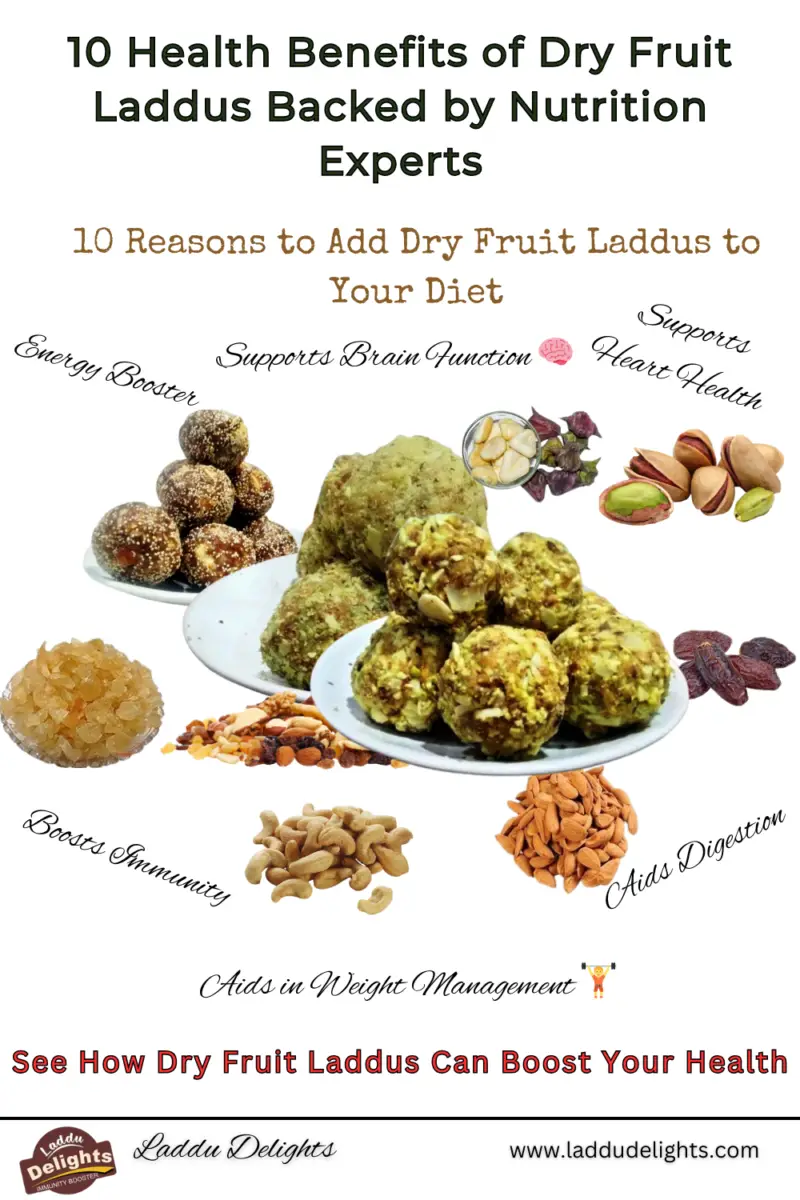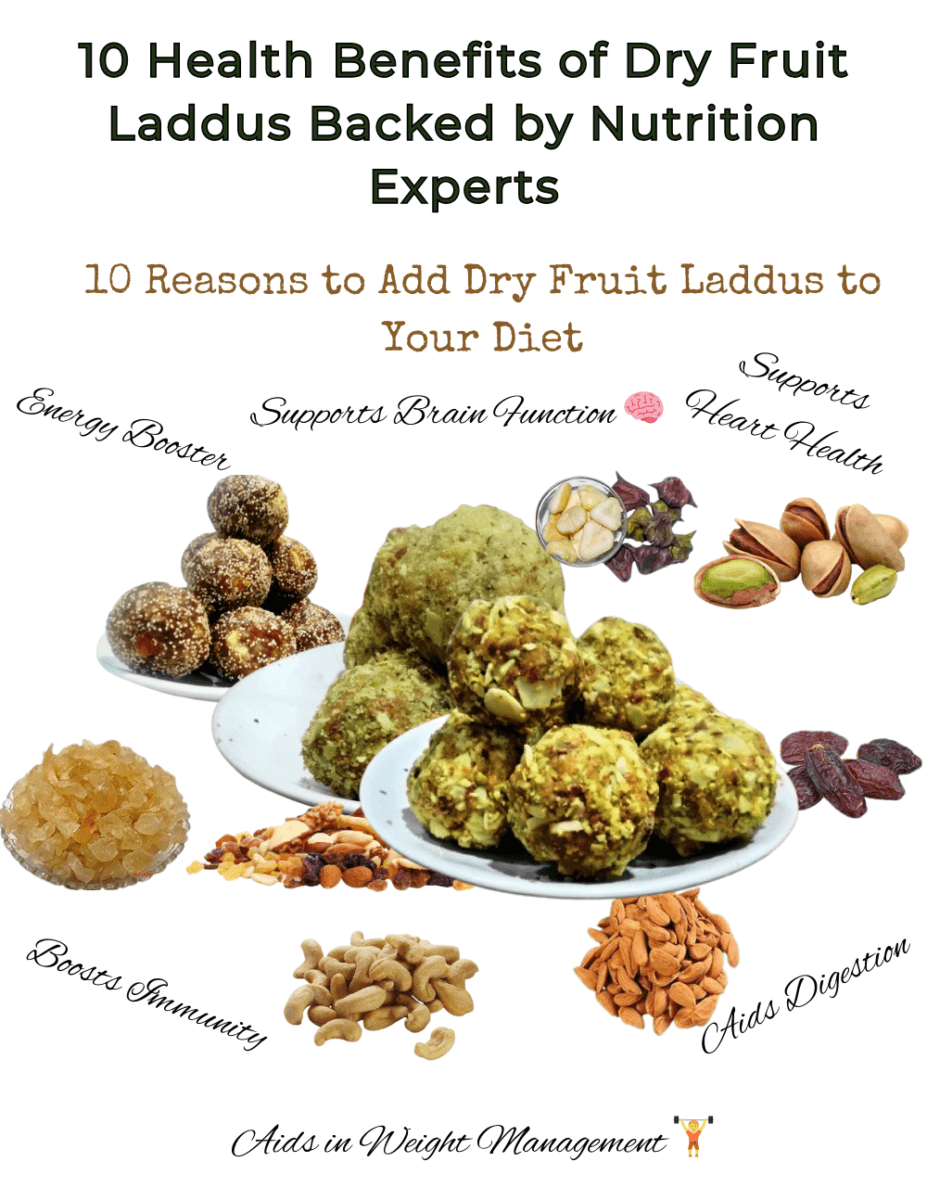Almonds for heart health are more than just a trendy phrase. In fact, they support your overall well-being. At Laddu Delights, we value simple and healthy foods. In this guide, you will learn why almonds are a superfood. You will discover easy ways to add them to your daily diet.

1. Almonds for Heart Health: A Snack That Boosts Your Heart
When you need a healthy snack, almonds instantly come to mind. For example, raw or roasted almonds help lower bad cholesterol (LDL) and raise good cholesterol (HDL). Moreover, they improve blood flow and keep your blood pressure steady.
- Key Points:
- Lower Cholesterol: Almonds help reduce LDL levels.
- Improve Blood Flow: Moreover, magnesium in almonds relaxes blood vessels.
- Steady Blood Pressure: Furthermore, potassium and magnesium work together to keep blood pressure steady.
Also, for more heart-friendly ideas, check out the American Heart Association’s Heart-Healthy Diet.
2. Almonds for Heart Health: Rich in Antioxidants to Protect Your Cells
Almonds are full of antioxidants, especially vitamin E. As a result, these antioxidants protect your cells from damage. They also help lower inflammation. In short, they can help prevent heart problems.
- Antioxidant Advantages:
- Cell Protection: For instance, vitamin E shields your cells from free radicals.
- Reduce Inflammation: Moreover, antioxidants lower the risk of heart disease.
- Boost Immunity: Additionally, they support your immune system.
Thus, if you want to learn more about antioxidants, visit the Mayo Clinic’s Nutrition Section.
3. Almond Butter: A Tasty Choice for Almonds for Heart Health
If you enjoy almond butter, then you are also getting the benefits of whole almonds. For example, almond butter gives you the same heart benefits as whole almonds. Also, it is very versatile.
- How to Enjoy:
- On Toast: First, spread almond butter on toast for breakfast.
- In Smoothies: Next, blend it into your smoothie for extra creaminess.
- In Oatmeal: Finally, mix it into your oatmeal for a nutty flavor.
4. Almonds for Heart Health: A Smart Choice for Weight Management
Although almonds are calorie-dense, they are excellent for weight control. Their fiber, protein, and healthy fats keep you full for longer. As a result, they help you eat less.
- Weight Management Benefits:
- Reduce Hunger: Firstly, fiber and protein help keep you full.
- Boost Metabolism: Secondly, healthy fats support calorie burning.
- Steady Blood Sugar: Also, almonds help keep blood sugar levels stable.
So, for more snack ideas, visit Harvard’s Healthy Snacks Guide.
5. Brain and Bone Health: More Than Just a Snack
Almonds do more than support your heart; they also help your brain and bones. Specifically, vitamin E and healthy fats improve memory and focus. Furthermore, calcium and magnesium build strong bones.
- For Brain Health:
- Better Memory: Moreover, vitamin E can improve memory.
- Clear Focus: Also, healthy fats support brain performance.
- For Bone Health:
- Strong Bones: Furthermore, calcium and magnesium work together to keep bones strong.
- Keep Density: Also, they help prevent bone loss.
If you want to learn more about bone health, then check out the National Osteoporosis Foundation.
6. How to Add Almonds to Your Diet
It is very easy to include almonds in your meals. For instance, here are a few ideas:
- As a Snack: Simply grab a small handful of almonds between meals.
- On Salads: Next, sprinkle chopped almonds on your salad for a crunchy texture.
- In Smoothies: Then, blend almonds or almond butter into your smoothie for extra nutrition.
- For Baking: Finally, use almond flour or almond butter in your recipes.
Moreover, for more tips and recipes, explore our collection on the Laddu Delights Blogs.

Conclusion: The Power of Almonds
In summary, almonds for heart health offer many benefits. They help your heart, control weight, boost brain activity, and strengthen bones. So, whether you eat whole almonds or almond butter, they are a smart choice. Start adding them today for a healthier tomorrow.
Frequently Asked Questions
Q: How many almonds should I eat daily for heart health?
A: Consuming about 1 ounce (28 grams) of almonds daily, roughly 23 almonds, is considered beneficial.
Q: Are roasted almonds as healthy as raw almonds?
A: Both raw and roasted almonds offer health benefits, but raw almonds retain more natural nutrients.
Q: Can almonds help lower blood pressure?
A: Yes, the magnesium in almonds can help lower blood pressure levels.
Q: Are almonds suitable for people with diabetes?
A: Almonds have a low glycemic index. They can help control blood sugar levels. This makes them suitable for people with diabetes.
Q: Is almond milk as beneficial as whole almonds?
A: Almond milk contains some nutrients found in whole almonds but in lower quantities. Opt for unsweetened versions to avoid added sugars.
Disclaimer: This article is for informational purposes only and does not constitute medical advice. Please consult a healthcare professional before making any dietary changes.
For more insights on healthy eating, visit our blog.




